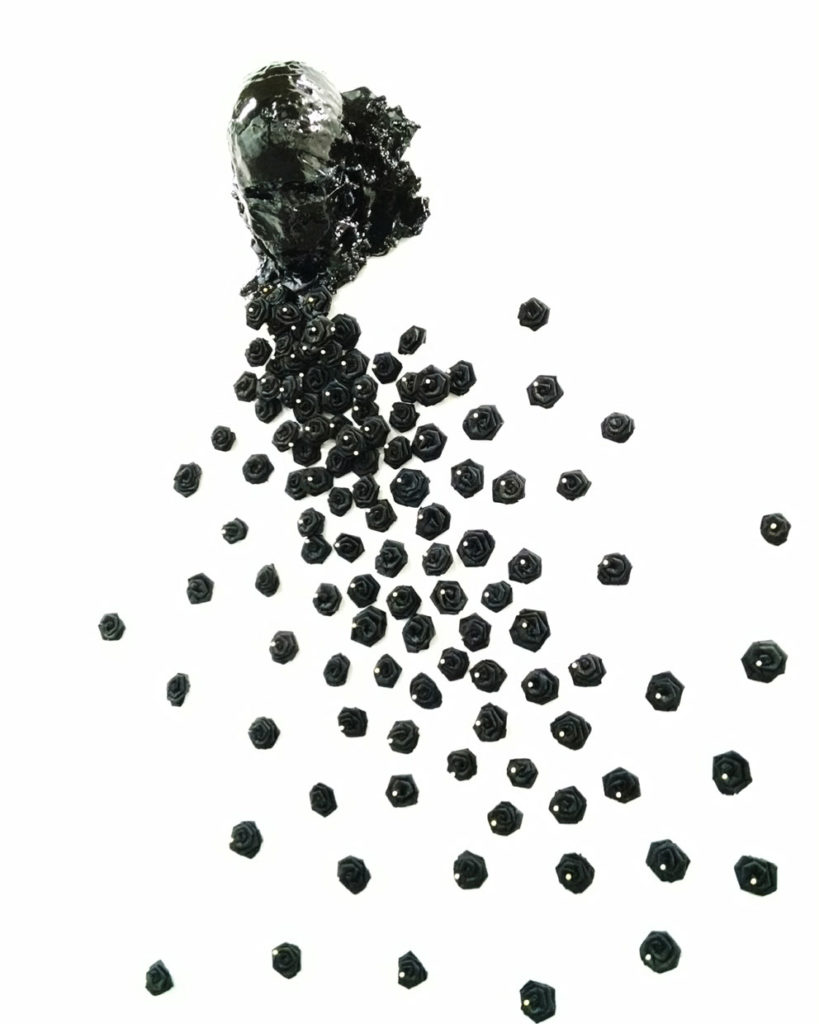A Quarter Century of Cultural Studies at Claremont Graduate University
The Cultural Studies Department at Claremont Graduate University is hosting a semester-long series of events to celebrate its 25th anniversary.
Rhetoric stating that we have entered a new epoch and that we must expect radically unpredictable futures has shaped the way we have framed our current moment as a historical rupture and a state of exception. With COVID-19, rising global inequality, the accelerating effects of climate change, and the collusion of hegemonic structures in the disenfranchisement of Black lives, terms such as “unprecedented” and “uncertain” have repeatedly marked zones of crisis that seek to drastically rearrange temporalities of capital, labor, and life. Amid these radical transformations, imagining futures has become a precarious task.
With its foundations in publicly-engaged practices that are foundational to the field and its methods rooted in interdisciplinary inquiry, Cultural Studies is well poised to address these concerns. Yet certain aspects of its intellectual genealogy and method call for a radical rethinking. What new conceptual tools and methods are needed for the field to “think” futurity? This series of events aims to interrogate the state of the field, reassess its presumptions, and investigate its possible future directions.
All events will be recorded and available for future viewing.

“Futurity and Future Publics: A Quarter Century of Cultural Studies at Claremont Graduate University” is made possible by the support of the Thornton F. Bradshaw Programs and Endowment Fund.
Claremont Graduate University occupies unceded Indigenous land. The Cultural Studies Department acknowledges the Gabrieleno/Tongva peoples as the ancestral caretakers of this land (Torojoatngna), and we pay our respects to Honuukvetam (ancestors), ‘Ahiihirom (elders), and ‘Eyoohiinkem (our relatives/relations) past, present, and emerging.